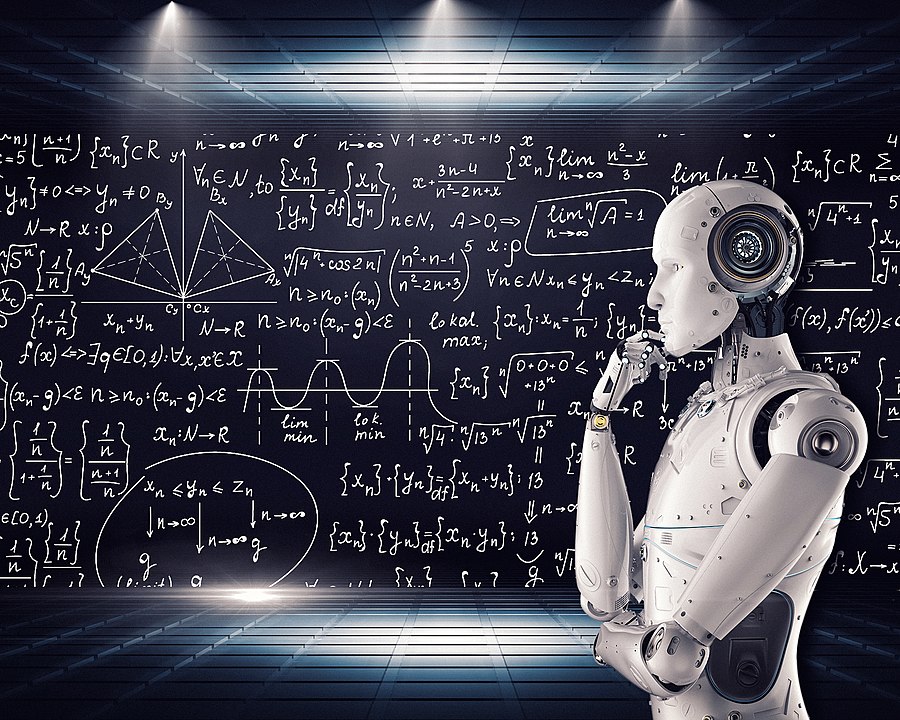"Authors and performers must have the right to decide whether their works can be used by generative AI". A coalition of organisations representing writers, translators, journalists, performers, composers, songwriters, film directors, screenwriters, visual artists, and other artists and creative workers is addressing an open letter to the European Commission's Executive Vice-President for Tech Sovereignty, Security and Democracy and the Commissioner for Intergenerational Justice, Youth, Culture and Sport. In the letter, the co-signatories seek to highlight the problematic reality regarding AI and authors' rights, which they claim has resulted from a misinterpretation of a 2019 directive. They also propose a framework for the next EU policy agenda.
The signatories claim that all generative AI models in existence today are trained in complete opacity on vast amounts of copyrighted content and personal data, scraped and copied from the internet without permission or compensation to the creators.
According to the open letter, in 2019 the EU introduced an exception to copyright for text and data mining (TDM), unless creators and other rights holders have expressly reserved their rights (Article 4 of the CDSM Directive) - without any impact assessment of the implementation or effects of this provision. Although Article 4 was adopted years before the sudden emergence of generative AI technologies and does not mention or define "artificial intelligence" and "generative AI", the European Commission appears to have retrospectively interpreted this exception broadly to cover the systematic and extensive use of creators' protected works and performances without any authorisation, despite the well-established principle of narrow interpretation of all exceptions. "As a result," the letter stresses, "generative AI providers have put the cart before the horse by using this exception without even giving creators the opportunity to give their consent and exercise their right of reservation. It would be quite naive to believe that the tech and AI industries have not already scraped virtually all content available online and continue to do so on a daily basis - before any rules actually come into force."
The signatories believe that this situation prevents the development of an ethical and responsible AI ecosystem based on fair licensing terms, and therefore insist that consent, transparency and fair remuneration for authors and performers should be at the heart of the forthcoming AI strategy for the cultural and creative industries. They say that "as generative AI providers continue to exploit copyrighted works without transparency, it will be virtually impossible for creators to know whether their works have been used and to take legal action against them".
The initiative is supported and signed by some of the main European and international organisations representing creators and right-holders, such as the Federation of European Screen Directors, the European Federation of Journalists, the European Writers' Council, the International Federation of Actors, the European Composers' and Songwriters' Alliance and several others. In their letter to Commission Vice-President Henna Virkkunen and the Commissioner for Intergenerational Justice, Youth, Culture and Sport, Glenn Micallef, the organisations welcome the policy objectives set out in their mission letters and urge them to “support a clearer and more efficient legal framework
preserving the rights of creators and the integrity of their works”.
On the latter, they urge European authorities to ensure that the AI Office puts transparency at the heart of its code of conduct and template summary for AI providers. On the issue of trade secrets protection, which AI providers invoke, the signatories note that all policy makers must clearly distinguish between legitimate trade secrets – where the input has been legally acquired – and the secretive use of copyrighted works to train AI models without any authorisation. “A recipe may remain secret but that does not justify stealing the ingredients” they stress.
On deep fakes, they propose the development of technical tools that can reliably and accurately distinguish authentic content from AI-generated or manipulated content, and they suggest that any future initiatives related to the use of AI for the cultural and creative industries must be based on a full and democratic debate, leading to a clear legal framework that preserves the rights and integrity of creators' works and personal data.
The open letter concludes that as the integrity of their work and personal reputation may well be at risk from generative AI, authors and performers should retain the ability to consent or refuse such use of their work. "Because AI-generated content derives much of its value from the large-scale exploitation of human creations," the signatories say, "it is essential to consider effective and enforceable mechanisms to remunerate the creative community for AI-generated output. Such mechanisms must not, however, serve to normalise or unduly encourage the replacement of human labour by generative AI".
You can read the whole letter here.
--
Photo credit: https://www.vpnsrus.com/
Photo source








